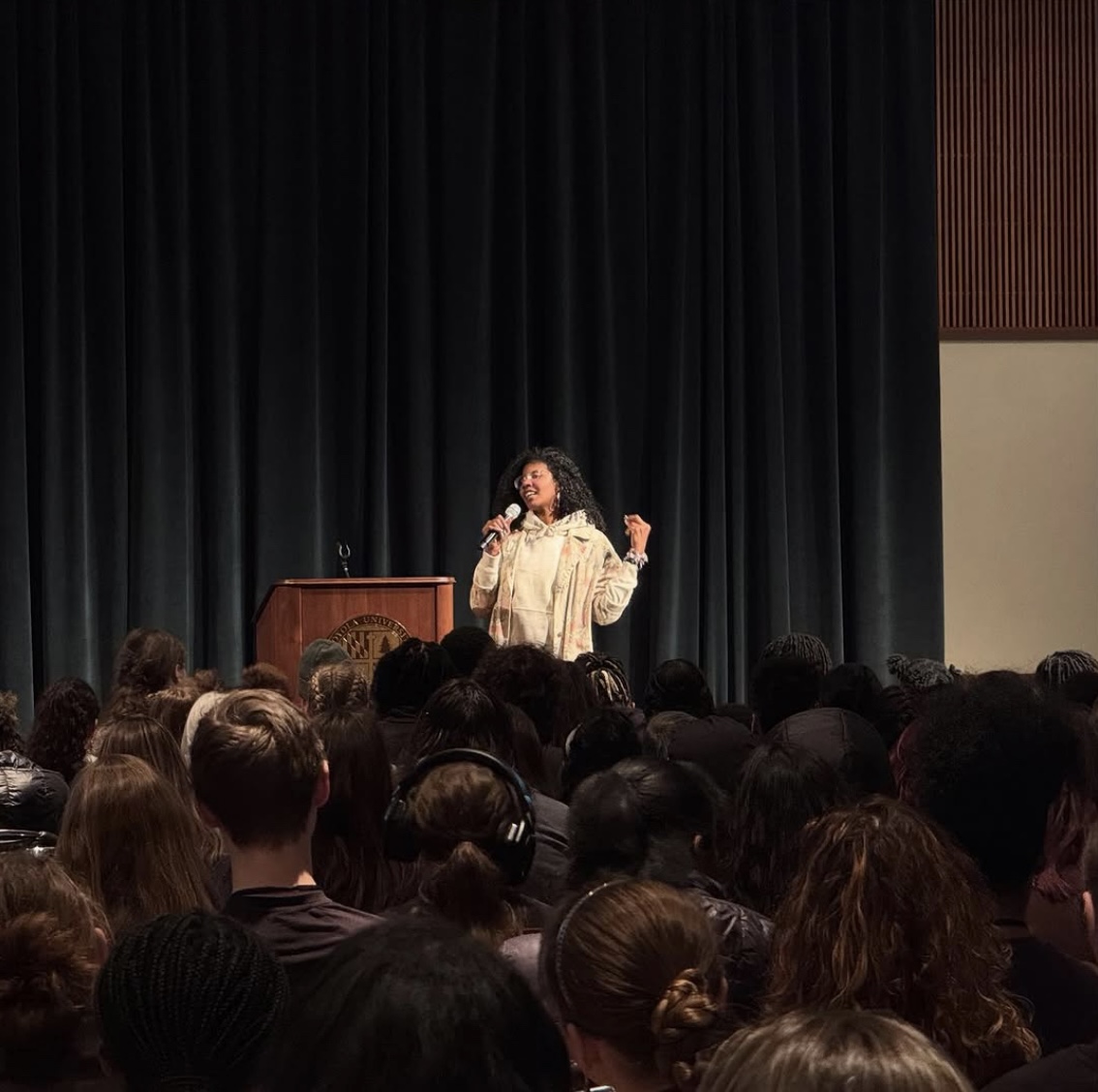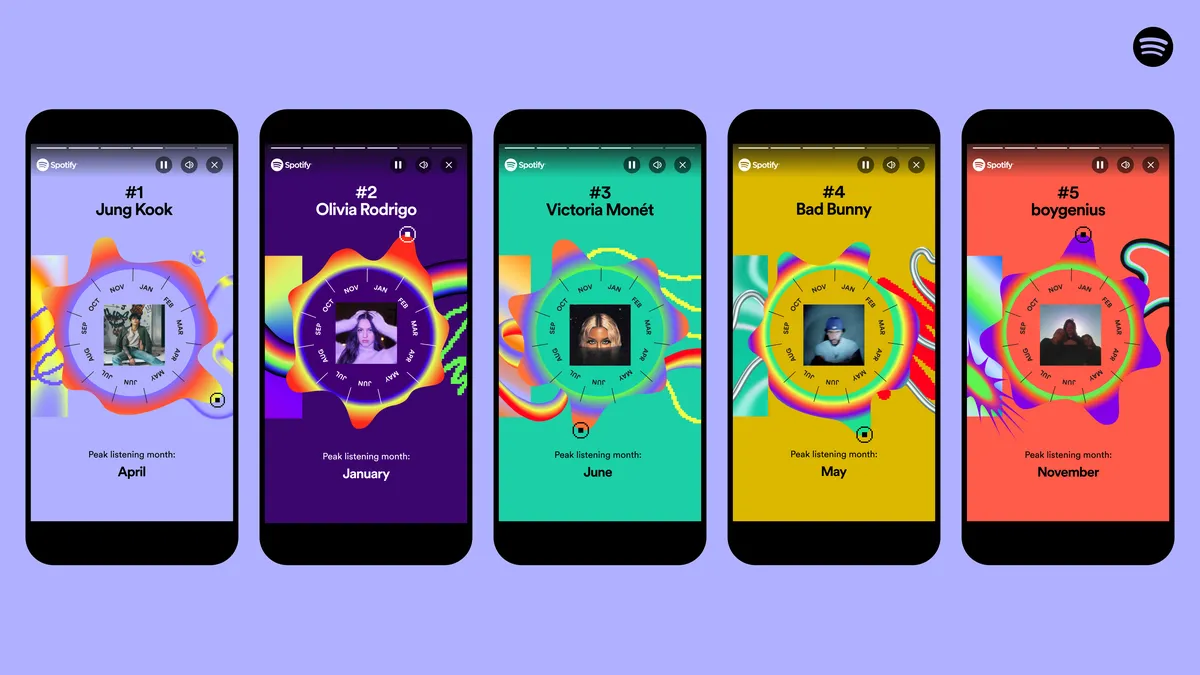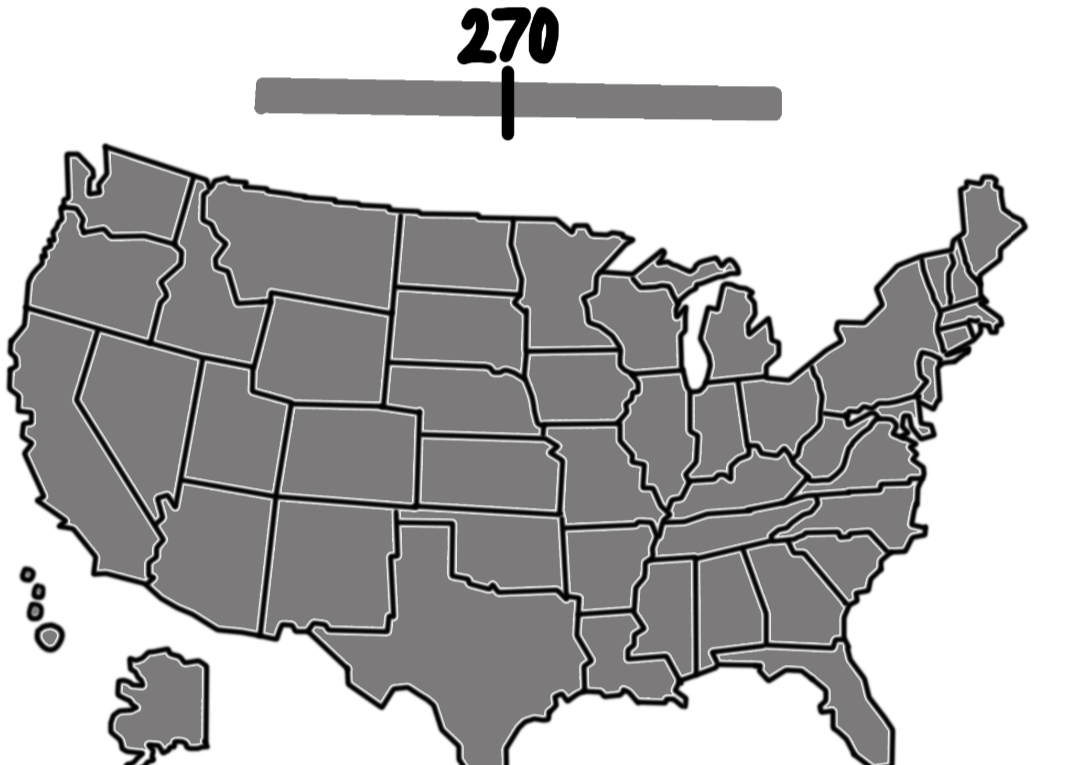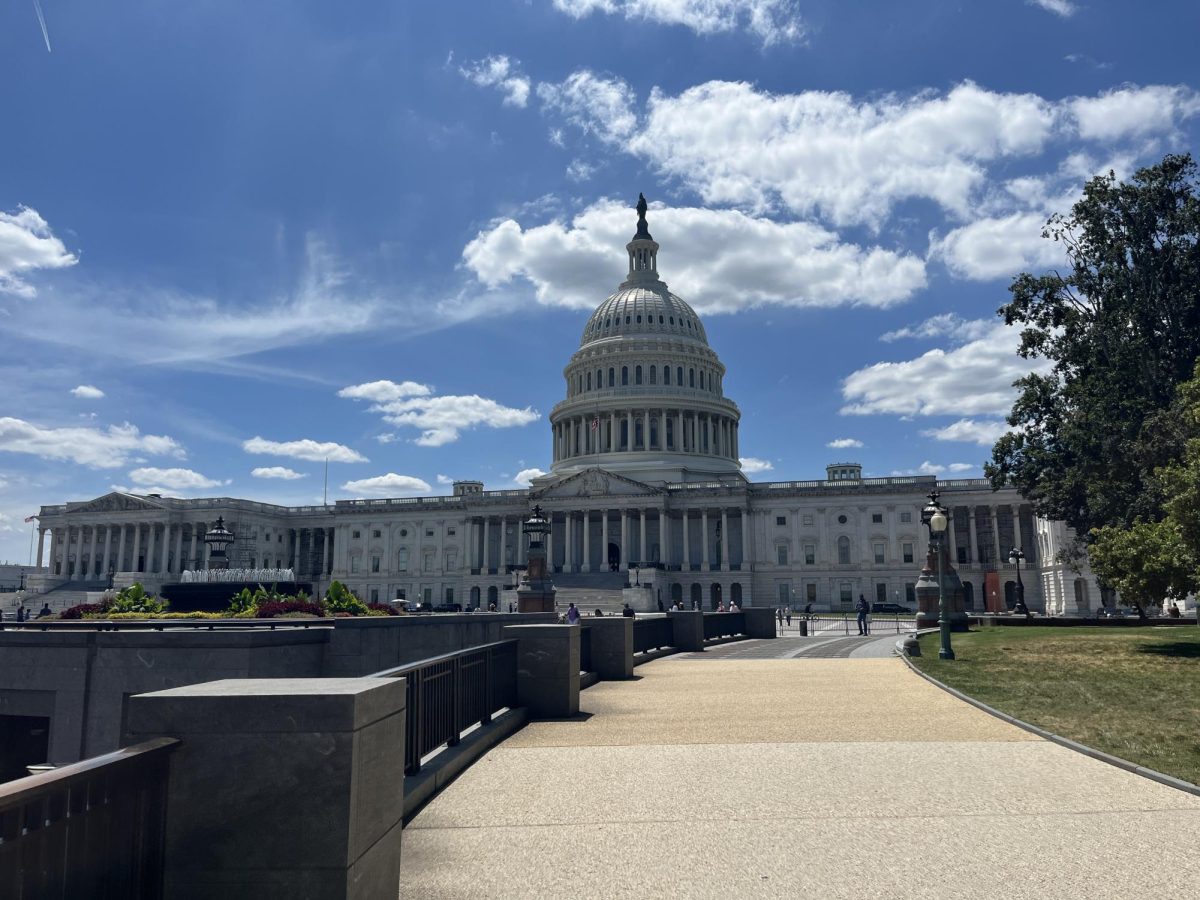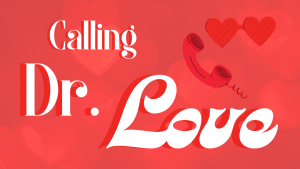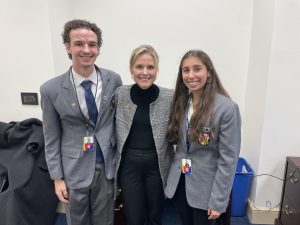Skip the Seafood
Why everyone should stop eating seafood.
As the health of the environment worsens, humans must focus on making sustainable choices. Environmental movements such as “skipping the straw” have become prevalent in recent years. “Most of the time meat and seafood produce tons of waste into the environment with pollution and plastic waste,” senior Grace O’Brien said.
September 3, 2019
In recent years, an environmental movement that aims to end plastic straw use has developed in hopes of reducing ocean pollution. People all over the world have been boycotting plastic straws and even carrying reusable metal straws for drinks at restaurants. Although skipping the straw may slightly help reduce plastic waste, in reality, there are significantly better ways to limit ocean pollution. “Most of the time meat and seafood produce tons of waste into the environment with pollution and plastic waste,” senior Grace O’Brien said.
The real problem behind the abundance of plastic that pollutes the ocean is not single-use straws; it is commercial fishing practices. Straws account for less than 0.1 percent of plastic waste in the ocean, while abandoned fishing nets account for over 46 percent, according to onegreenplanet.org. Not only does the high demand for seafood pollute the ocean, it also harms marine life due to overfishing.
According to the World Wildlife Fund, 85 percent of the world’s fisheries are either fully exploited or over fished. The demand for fish is met primarily through massive fish nets, which comes with the issue of by-catch. For every pound of fish caught, there is up to five pounds of non-targeted species trapped, such as dolphins, whales, sea turtles and sharks.
Although skipping the straw is a good start to help reduce plastic waste in the ocean, skipping the seafood is far more effective. As the health of the environment becomes a more and more critical issue in today’s world, humans must be aware of the repercussions of their everyday choices. It may be hard for some of you to all of the sudden change your diet, so even if you can start by skipping seafood for just one or two days a week, the long-term environmental benefits will be worth it.
“You should know where your food is coming from, like the morals of the farm or brand,” O’Brien said.



